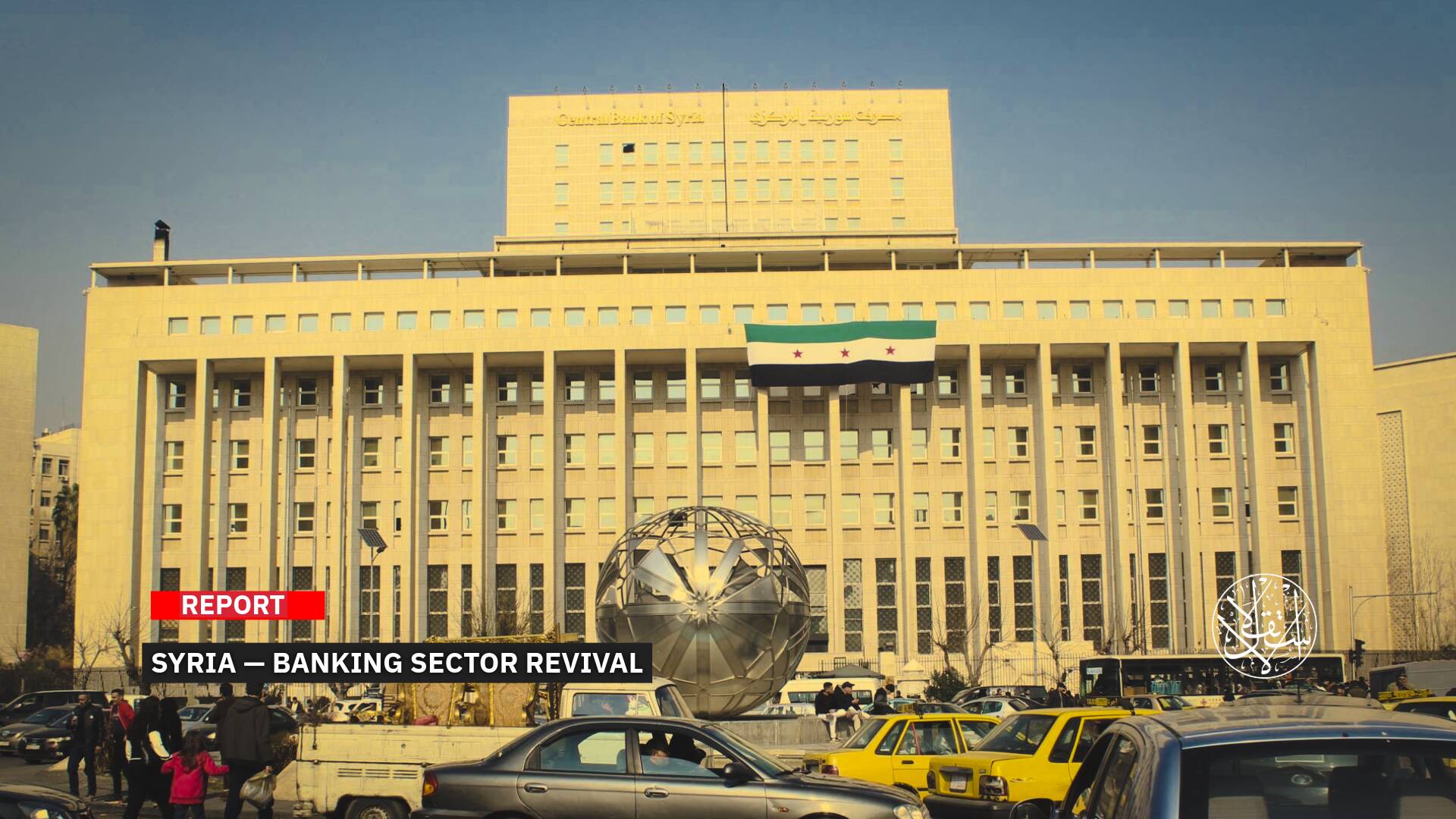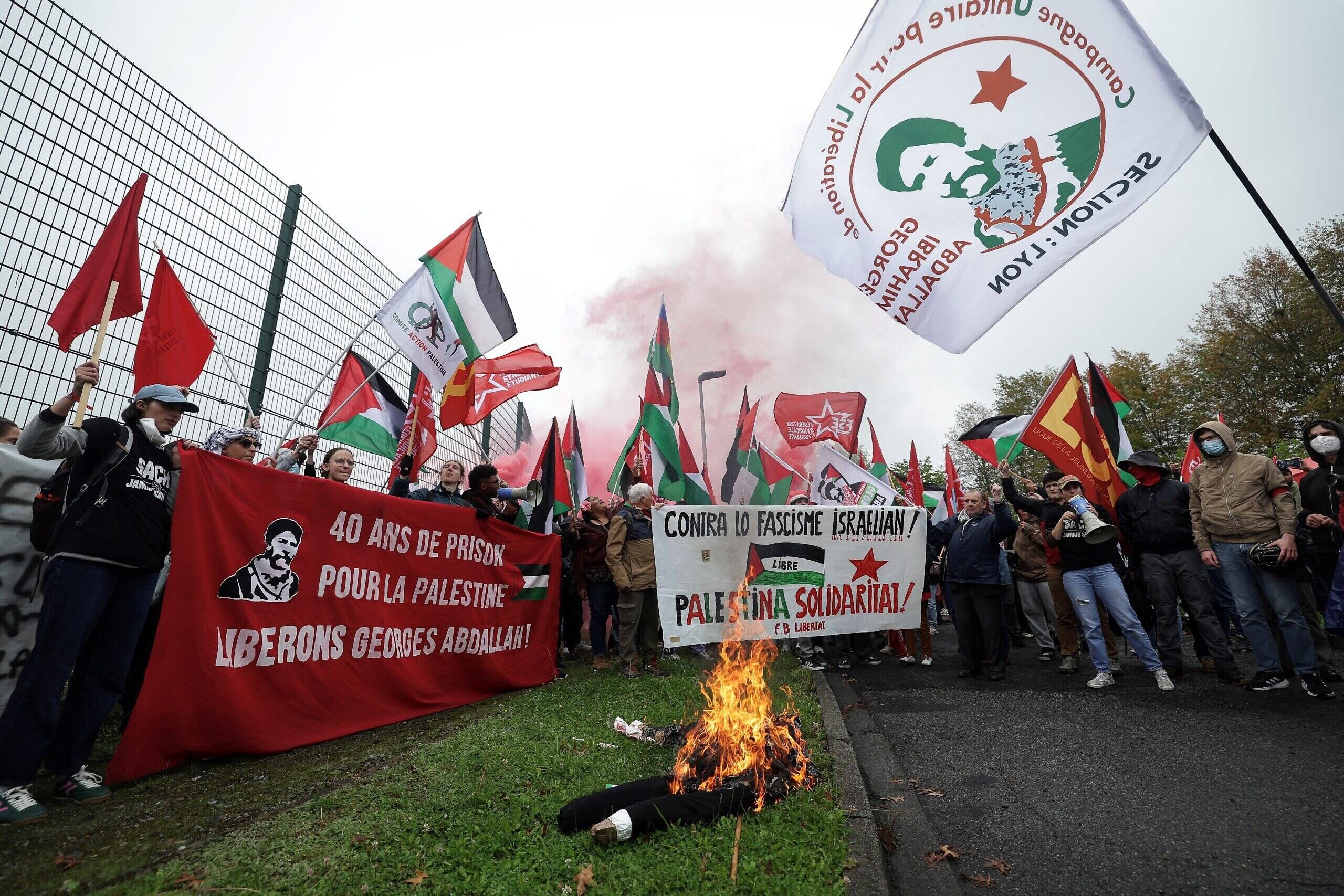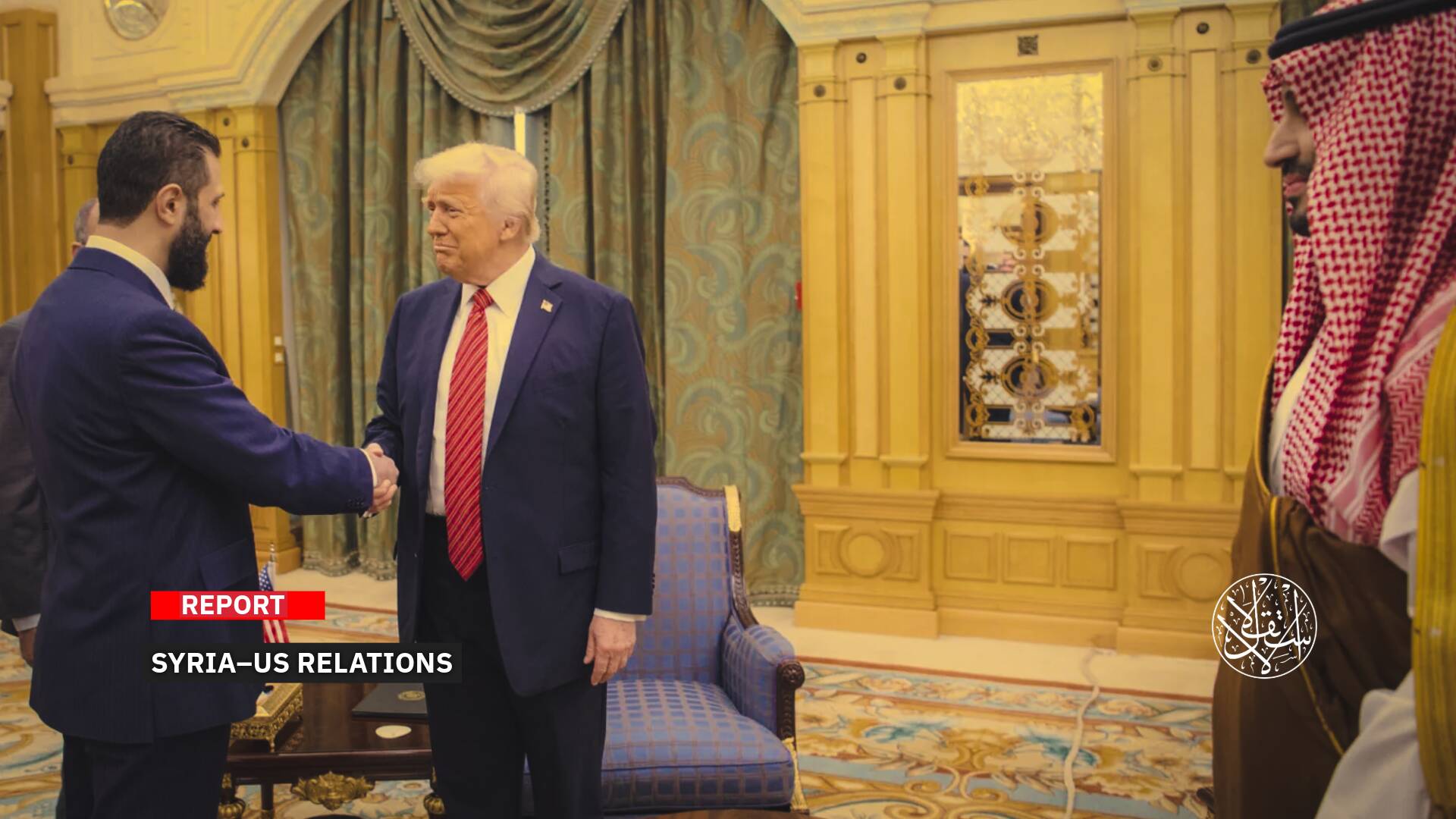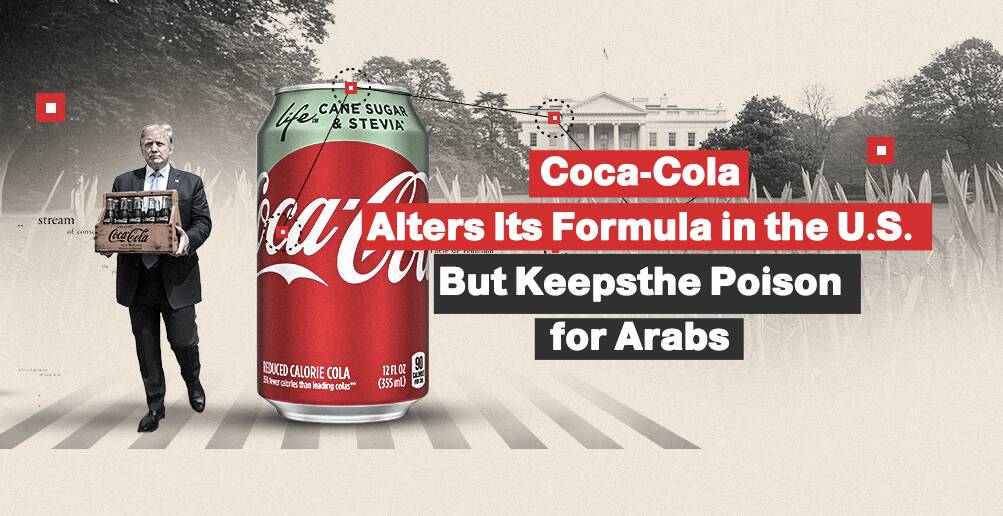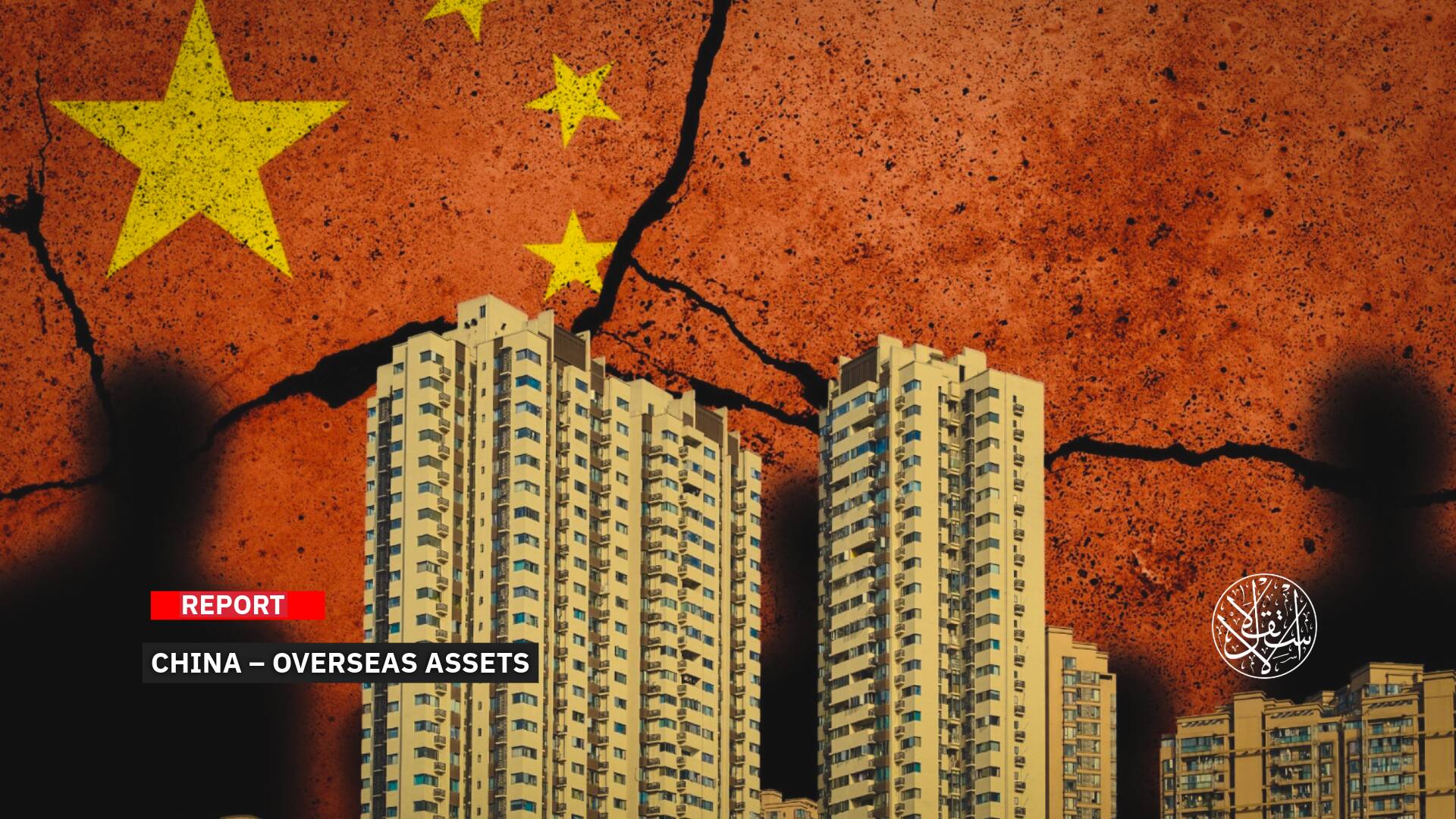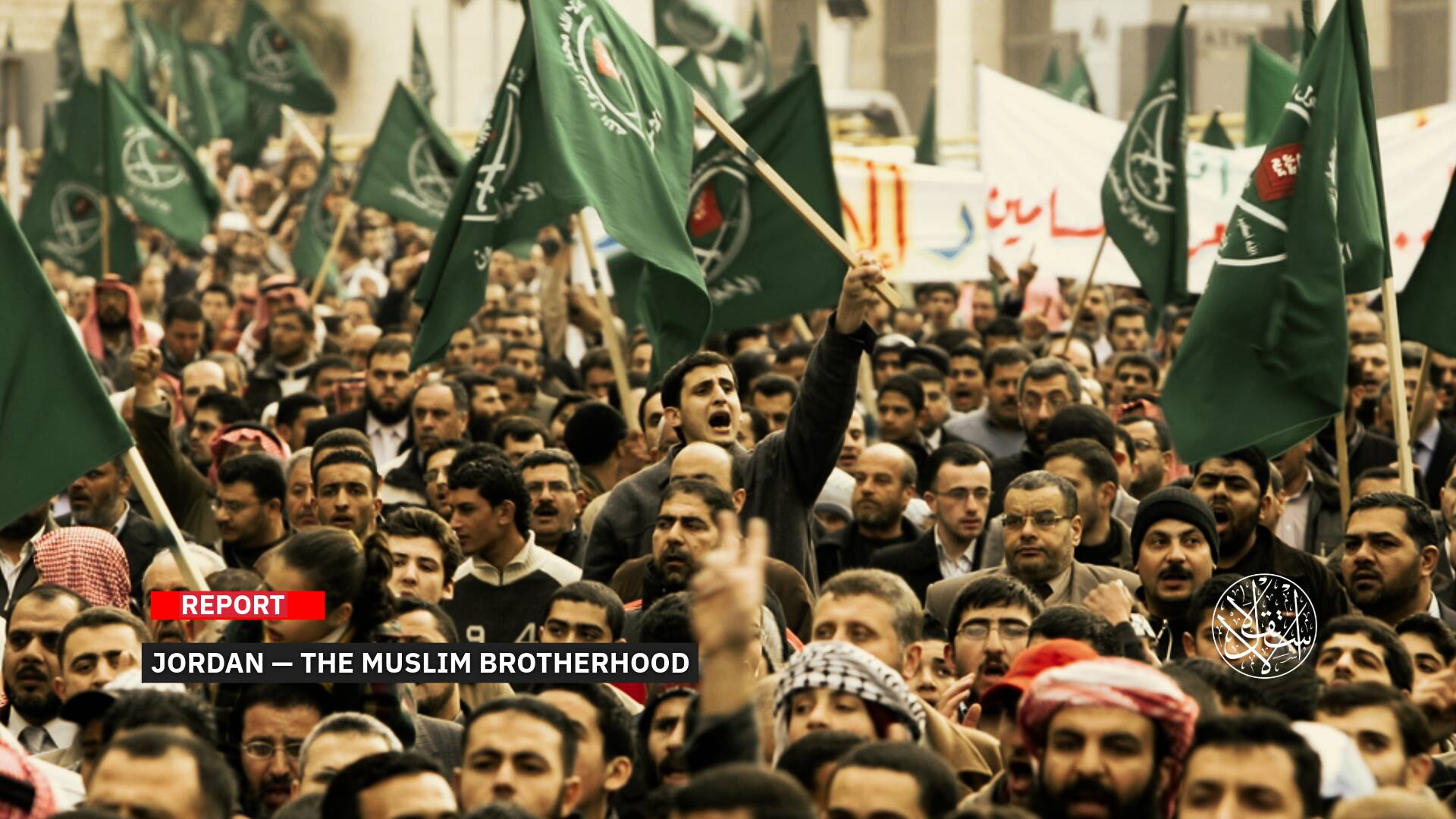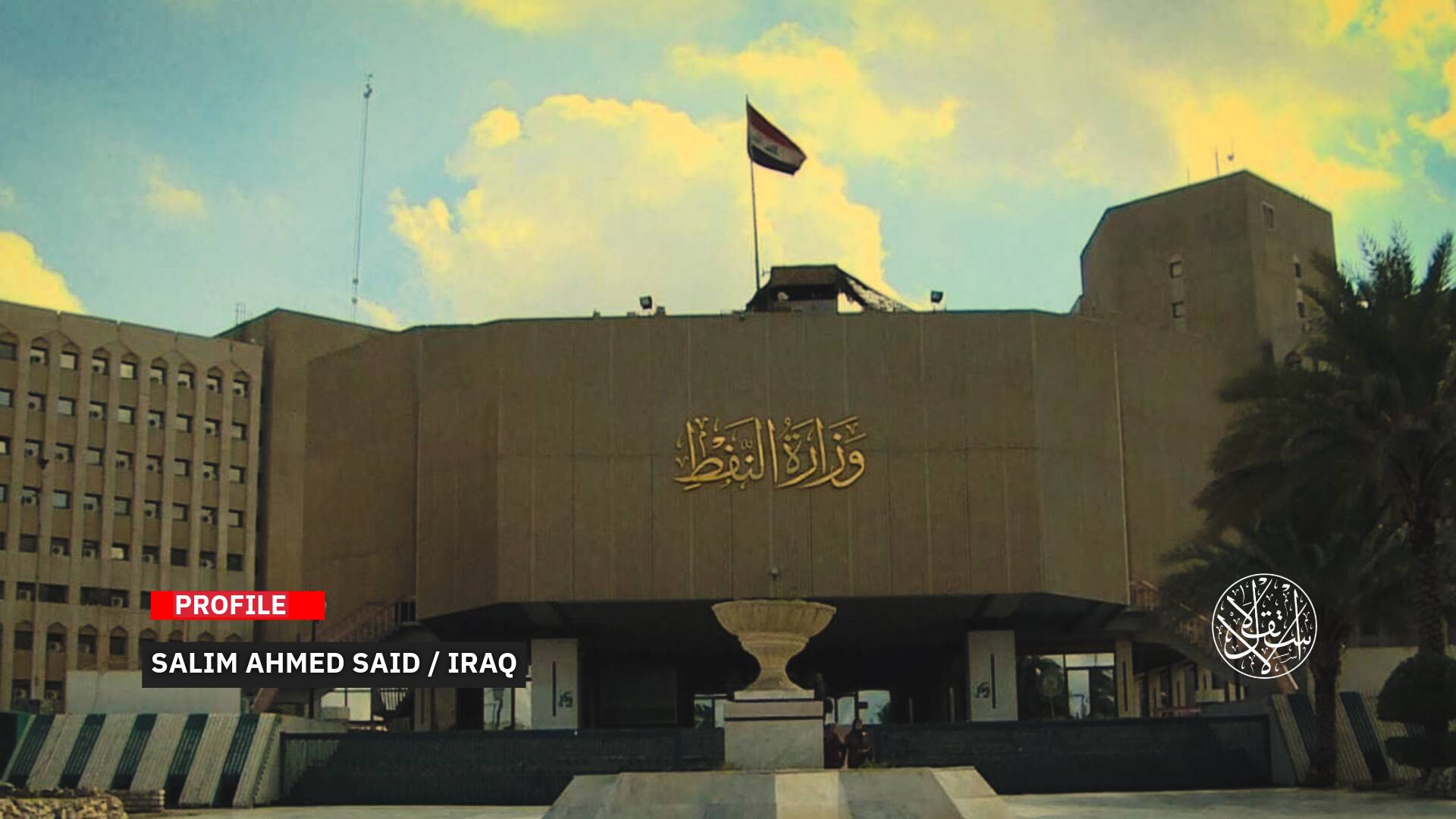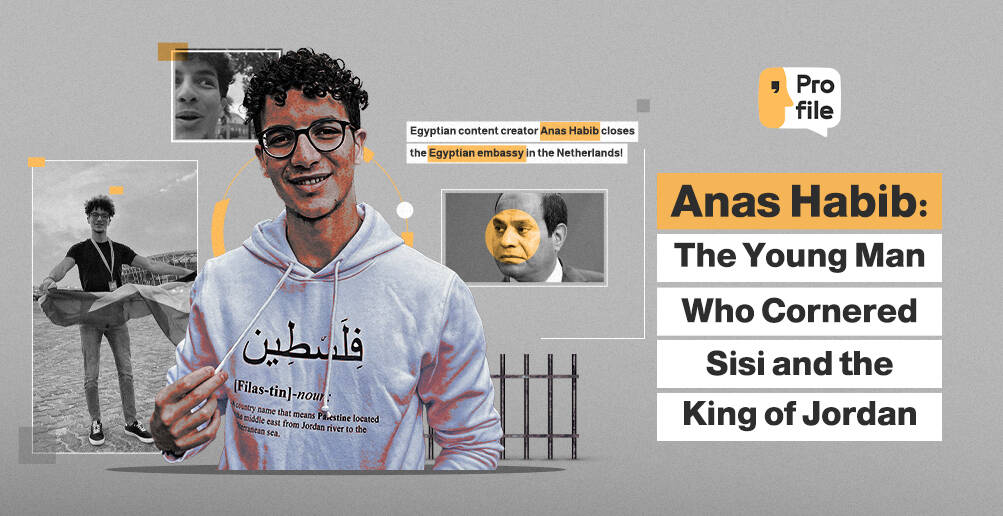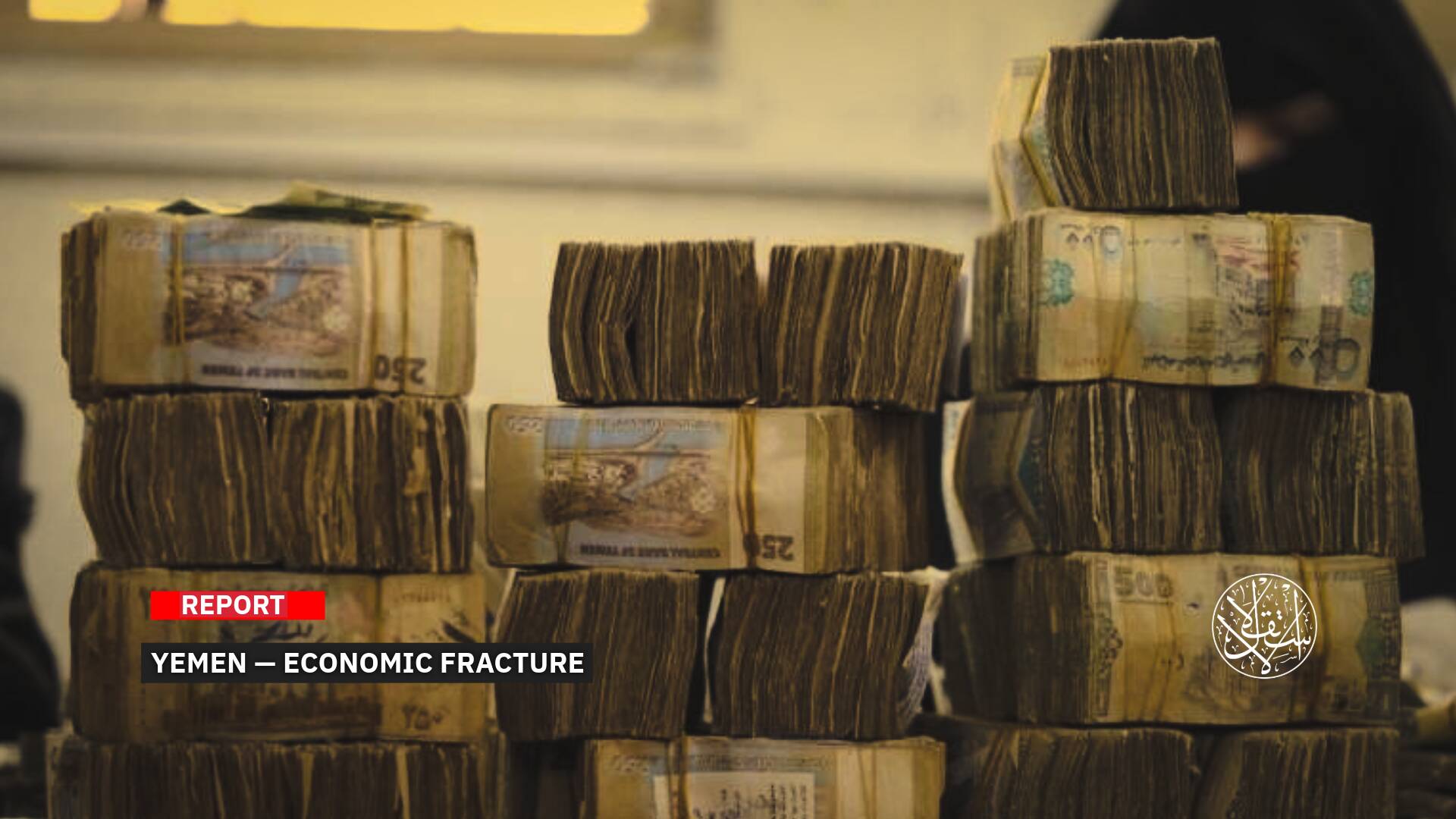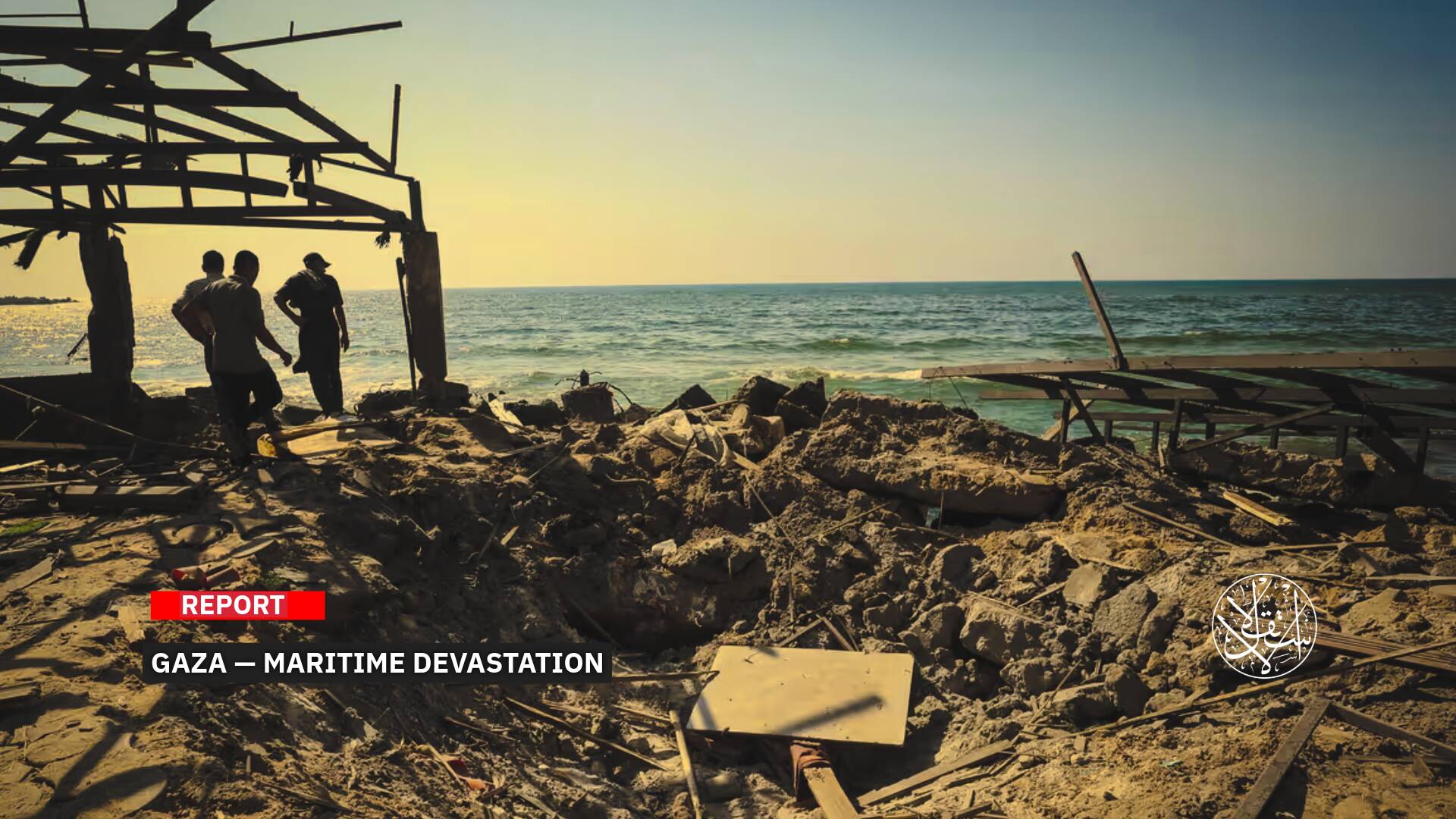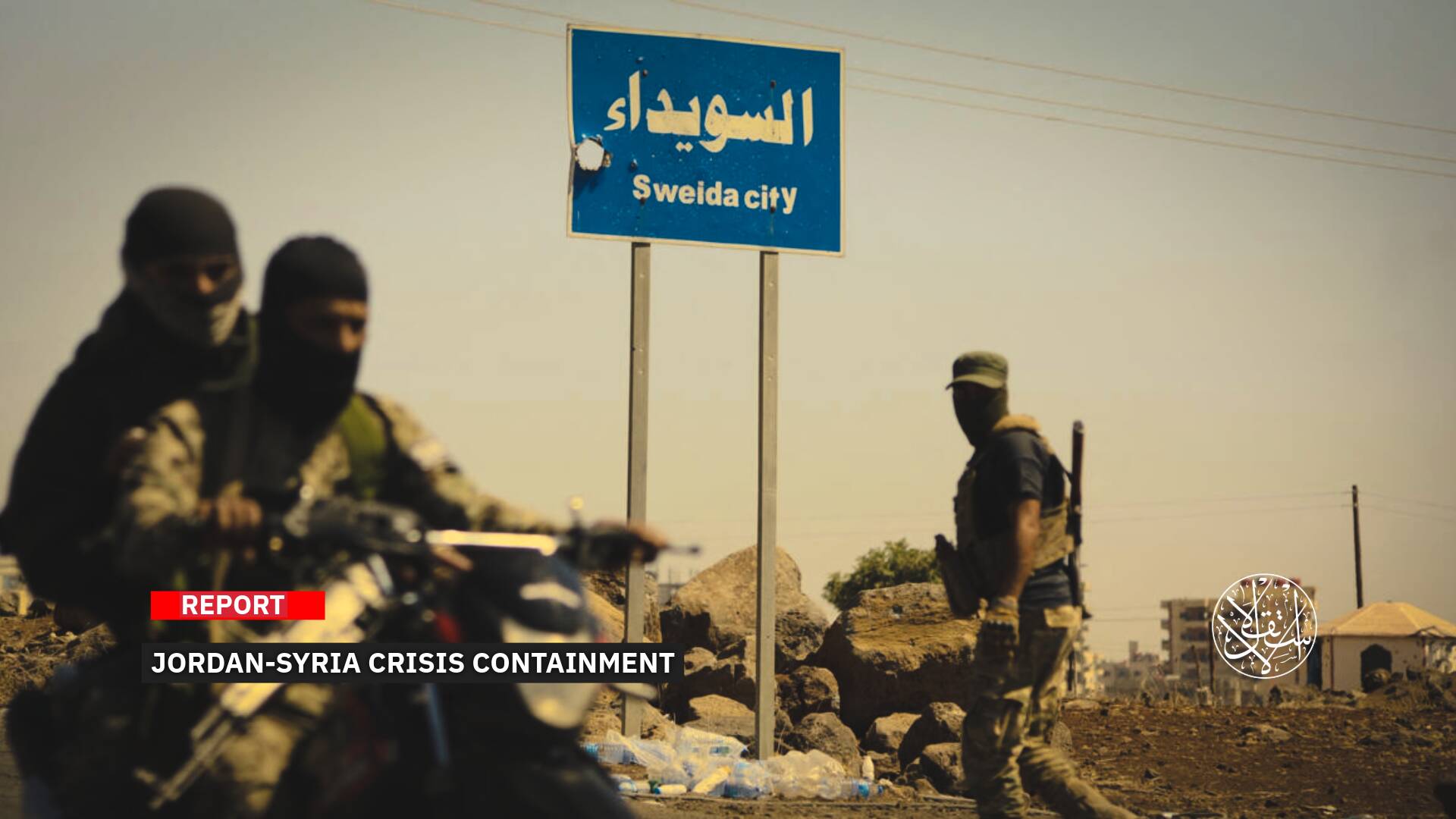Hebrew Institute Calls on Israel to include Lebanese File in its dialogue with Russia
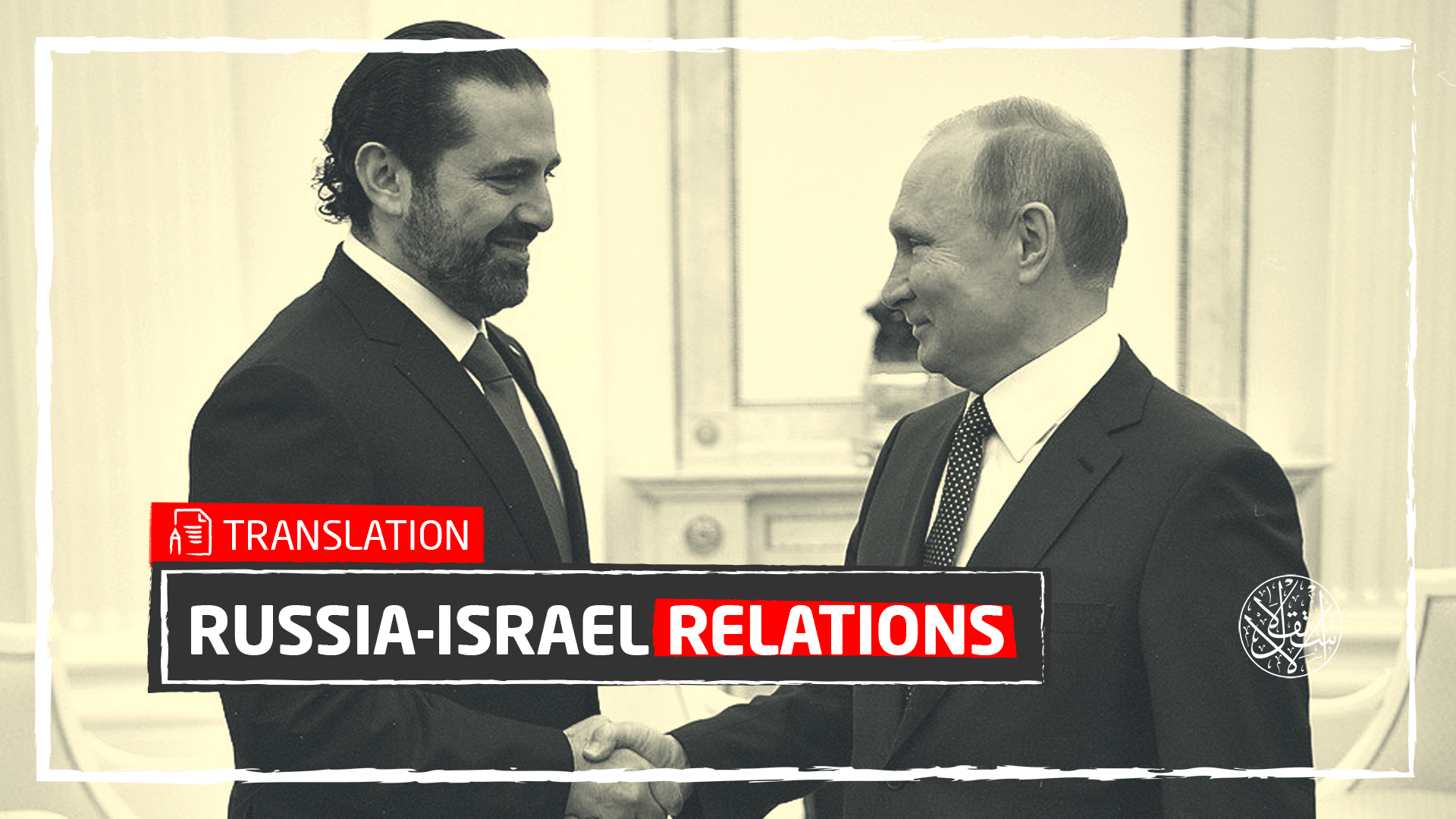
A Hebrew Institute, Institute for National Security Studies, called for the inclusion of the Lebanese crisis file in Israel's dialogue with the Russian government, considering “Moscow is interested in deepening its influence in Lebanon, this is a direct continuation of its interests in Syria and the Eastern Mediterranean”.
“The political impasse and the severe economic crisis are prompting senior Lebanese figures to seek support in Russia as well, and invite their companies to invest in infrastructure and energy projects in Lebanon, a series of visits by Lebanese politicians to Moscow, against the backdrop of the crisis, it raises a question about Russia's interests and its ability to contribute to its stability”, said the Institute.
“Moscow has the ability to help Lebanon solve the targeted problems, such as energy investment and corona vaccines, but it is clear that it does not have the capacity to solve Lebanon's deep problems”.#
Promoting Interests
In light of this, the Hebrew Institute recommended that Israel include in its dialogue with Moscow the Lebanese file, especially with regard to the threat posed by Hezbollah, Russia has official relations with Lebanon and regional stability.
The institute noted that recently, there has been an increase in the volume of contacts between Russia and senior Lebanese officials, Prime Minister-designate Saad Al-Hariri visited Moscow, during which he made a video call with President Vladimir Putin, he met with Prime Minister Mikhail Michostin and Foreign Minister Sergey Lavrov.
Michostin called on Al-Hariri to restore mutual trade between the two countries, which was reduced by 38 percent in 2020 to $320 million, he stressed that Beirut “must provide attractive conditions” for Russian investment.
Al-Hariri called on Russian companies to invest in the Lebanese economy, he requested donation of “Sputnik-V” vaccines, Russian investments in the restoration of the port of Beirut were reportedly discussed, construction of power plants, metal production and infrastructure projects.
This was preceded by a meeting on March 9, 2021, between Lavrov and Al-Hariri in Abu Dhabi, moreover, on March 14-19, Moscow hosted a Hezbollah delegation headed by MP Mohammed Raad, for discussions with the Russian Foreign Ministry and parliamentary representatives on the political crisis in Lebanon and the situation in Syria.
The institute noted that the delegation was greeted by Minister Lavrov, the largest Russian figure ever to meet with the organization's representatives, the previous visit of Hezbollah’s delegation to Moscow, led by Raad in 2011 and conducted less importantly.
Researchers Daniel Rakoff and Orna Mizrahi pointed out that given Russian hegemony on the Syrian scene, Lebanon is a “space for promoting its interests”, because they are “interlocking instruments” in terms of security and economic, therefore, instability in one also affects the other.
“Russia has a variety of tools to influence the situation in Lebanon, this is partly because Russian military forces in Syria, “working along the common border with Syria and Lebanon in recent years, it has something to do with Lebanon's own security interests”.
According to the researchers, Al-Hariri's visit to Moscow “reflects a desperate attempt on his part, to gain international support for his so far failed efforts to form a government”.
Establishing Existence
Moreover, it seems that the Lebanese, who are aware of Russia's “limited ability” to contribute to its economy, they are using their contacts with the Russians to exert additional pressure to extract the aid they have promised from the west, so far the government has been conditioned on moving reforms forward.
According to the researchers at the institute, “In recent years, Russia has maintained an ongoing dialogue with all political forces in Lebanon (Christians of different sects, Sunnis, Shiites, and Druze), through official and informal channels (churches, development of Russian-speaking society in Lebanon and Islamic religious organizations).
“Moscow wants to harness capitals to cooperate to repatriate 1.5 million Syrian refugees with international funding, Lebanon, for its part, is participating in Russian conferences on the return of refugees boycotted by Western countries”.
As for Hezbollah, Russia maintains a complex relationship of competition and cooperation with it, in the past decade, Moscow has become a “defender of Hezbollah” in the UN Security Council, prevents decisions that criticize him, and legitimize him in his meetings, in its official position as an “important political force” in Lebanon.
According to the researchers, in Syria as well, there is cooperation between the Russians and Hezbollah forces, fighting together to preserve the Assad regime after his recent visit to Moscow, Hezbollah MP Ammar Mousavi, said: everyone knows that “our elements were at the Russian base in Hmeimim, Syria”.
On the other hand, there has been a disagreement over the years between the Russians and Hezbollah, where Moscow does not agree with Hezbollah and Iran in their efforts, to consolidate their presence in Syria, especially along the border with Israel, Moscow even calls for the withdrawal of all foreign troops (except the Russians) from Syria.
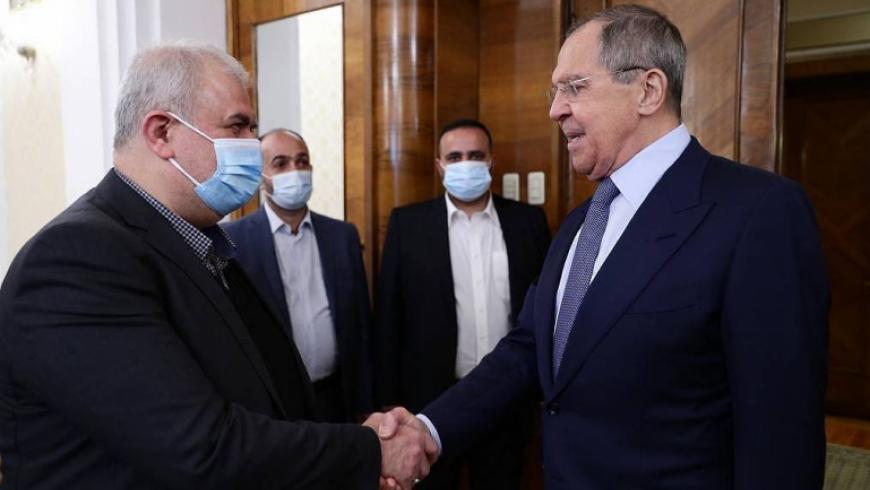
“For Israel, it is not enough to monitor Russian intervention in Lebanon, but it is also necessary to raise the issue of Lebanon, in the context of the dialogue between it and Russia, so far Moscow in Israel has been seen as a title related only to the Syrian arena, while political participation in the Lebanese context is primarily implemented through Washington”.
“It is important to expand dialogue with the Russians on Israel's concerns about the situation in Lebanon, as well as about Hezbollah's negative role in both the Lebanese rules of procedure, in increasing tensions with Israel along the Lebanese border, and in establishing its presence in Syria, and Russia maybe that have official relations with Hezbollah, also a channel for the transfer of messages to the party”.
In addition, he proposes to examine whether Moscow's crucial interest in maintaining its share of the European gas market, that is commensurate with gas transport projects, from the Eastern Mediterranean to Europe, in which Israel is “a partner in that”.
The researchers concluded: “Action must be taken to expand the discourse on the situation in Lebanon and its implications for the region, as well as with Israel's partnerships in the West, with a focus on the United States, France and Britain”.


